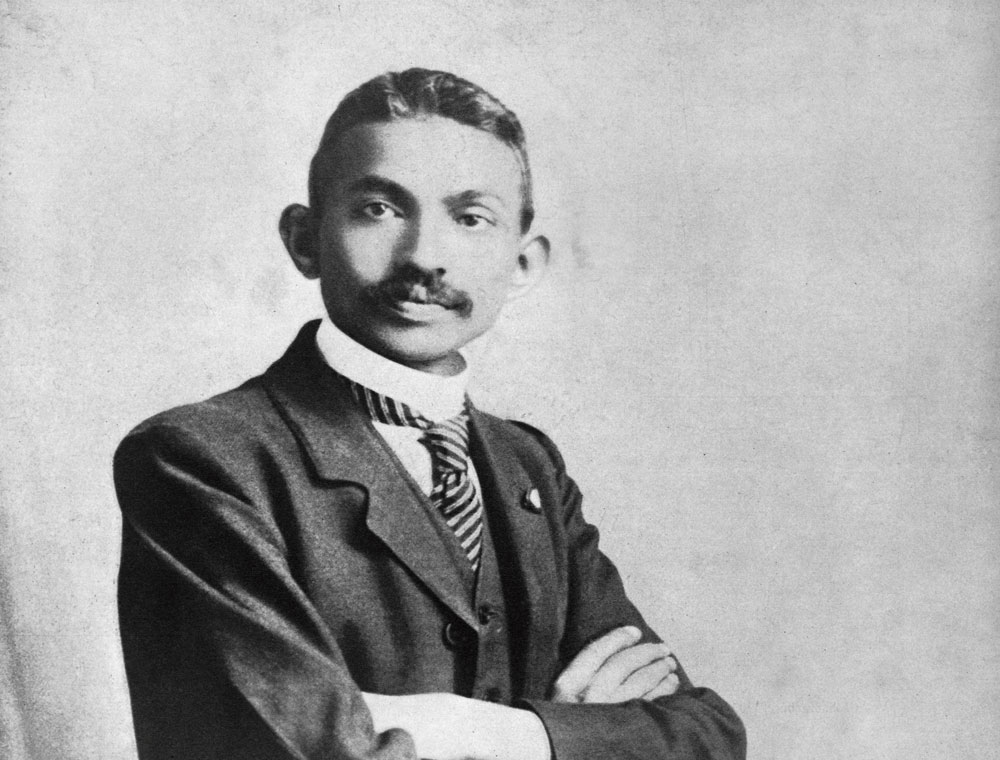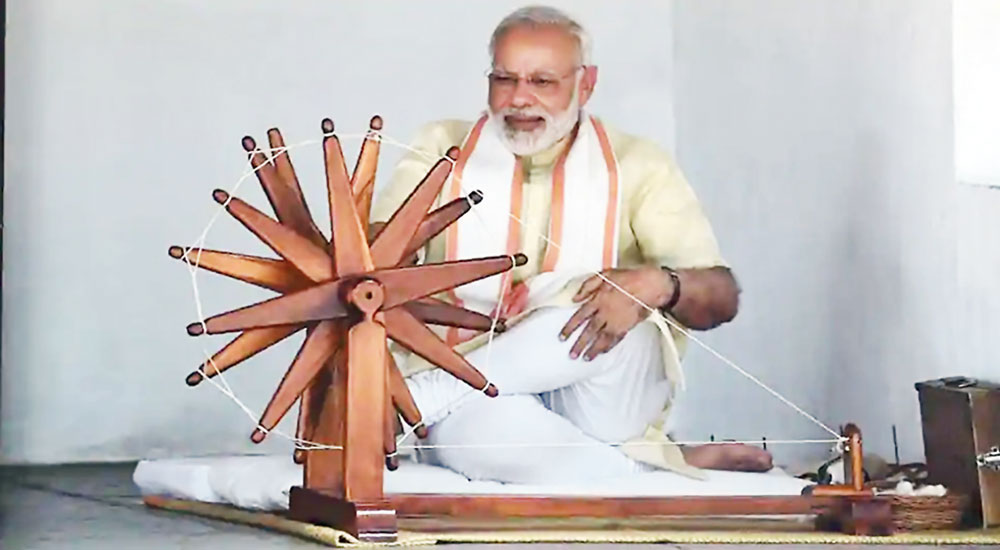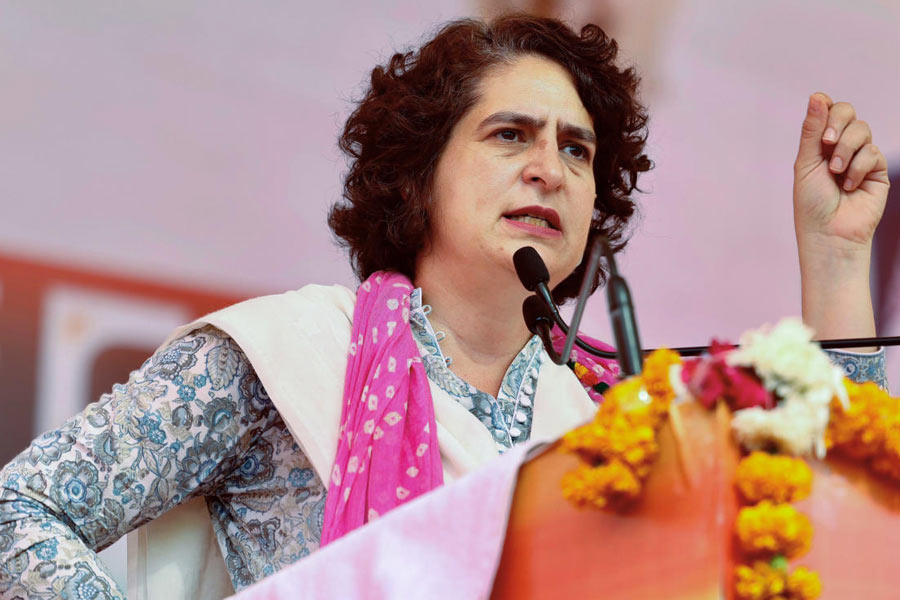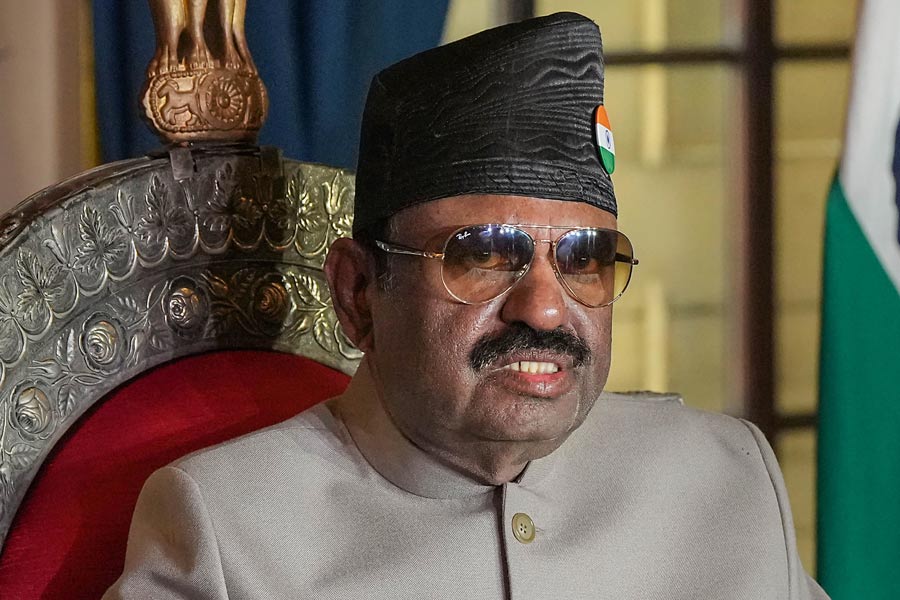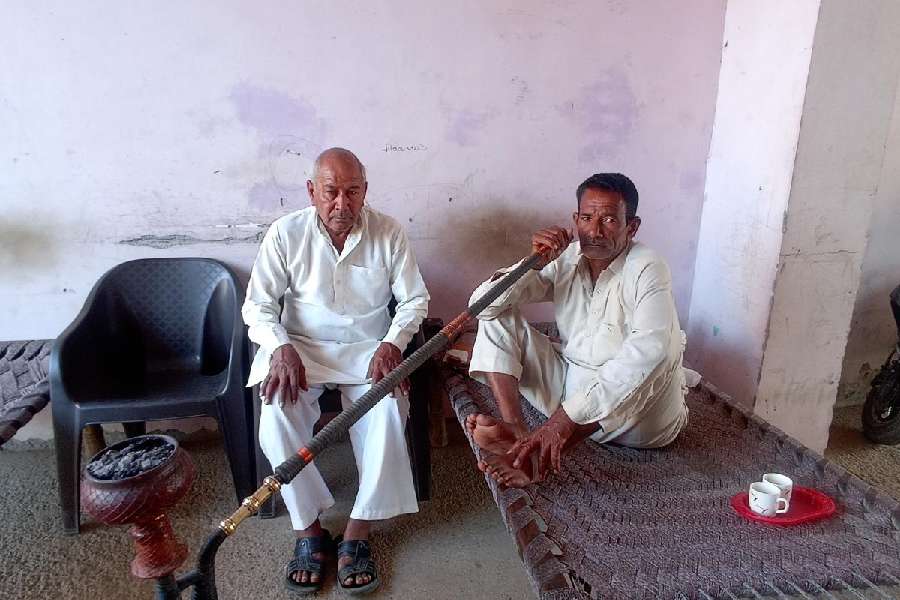I became interested in the phenomenon of increasing violence during the 1990s. The demolition of the Babri Masjid was only the tipping point for my interest. It had started interesting me much earlier. A mix of episodes such as the Ananda Marga cult, Naxalism, the Bhagalpur blindings, the massacre of Sikhs in 1984, and the emergence of mafia dons in large cities, all of these and many more such terrifying happenings contributed to that interest. When I started looking at the phenomenon of rising violence in and outside India, I began with a false academic pride that one could indeed make sense of this turn in the history of an apparently civilized, democratic, liberal world. However, I started feeling a bit shaky and began losing my confidence when terrorism became the news of the day and nationalism started becoming the prevalent political order. The 21st century in its first two decades has brought to us an unexpected decline of democracy, a rejection of social liberalism and contempt for non-violence. One feels compelled to ask in utter disbelief, “Is this long-lasting? Will nations have to live with semi-despotic political regimes based on intimidation of citizens ?”
The reasons probably go deeper in history than one is willing to acknowledge.
I quote the opening statements from my recent book, Countering Violence. The centuries during which the world moved towards a pervasive dependence on machine production have arguably also been the centuries that generated a tendency towards violence on a scale unmatched in human history. Mechanized wars, beginning with firearms and moving on to nuclear weapons and chemical arsenals, form but a small portion of the violence generated during these centuries. There was also colonization, which led to the deportation, displacement, and genocide of indigenous populations; an excessive dependence on Reason, wiping out space for Imagination; recourse to writing and printing, negating all that was sacred and authentic in oral traditions; ‘development’, which acquired the form of majoritarian projects, annihilating minorities, and globalization, which made the State incapable of compassion for the deprived communities.
These centuries have unfolded a theatre of worrisome decline, or even the demise, of rationality, faith, voice, language, difference, and diversity. In the wake of this multiple assault on human communities, thought, culture, and the symbiotic connect with nature, the very ‘nature’ of humans appears to have undergone a fundamental transformation, giving violence and what Gandhi would have termed its synonym, greed, a primacy in the ecology of thought.
The transformation appears to have been so fundamental that what was considered ghastly violent action or thought just a few decades ago has now been normalized, and reappears in every decade. Thus, the unimaginable horror invoked by the very idea of a nuclear conflict made traditional wars look like manageable episodes of arms-clash, the subject of a half-semester case study project at a business school; and the rise of non-State party terrorism made the Cold War seem like mere propaganda, part of a semester course at a media school. State surveillance of its own citizens, with the help of artificial intelligence and the associated power of intimidation that these mindless-yet-thinking machines possess, often makes the victim societies look back at history with longing and nostalgia, even for the medieval feudal anarchy. In short, the ever-increasing violence has been the backbone of human history over the past half-a-millennium.
It is difficult to decide if this has been the case forever in known history; indeed, if being human has perhaps also meant internalizing this ever-growing scale of violence. Yet, it cannot be denied that the tendency towards violence has increased enormously through the eras in which rationality, knowledge, capital, and machine, together — and contrary to the rhetoric justifying their emergence — have gained a stranglehold over human society. Predictably, just as industrial capitalism produced its critique in Karl Marx’s utopian ideas, violence aggravated by modernity found its critique in Gandhi’s utopian idealism. Not surprisingly, therefore, non-violence became for Gandhi a non-negotiable element of his idea of freedom. Just as various shades of Marxism can be detected in every struggle for equality in modern times — and how seamlessly they can be applied to such struggles before Marx as well — it is also possible to attribute Gandhi’s notion of non-violence to all struggles for freedom, including those that preceded him.
The logical fallacy and anachronism involved in such attempts notwithstanding, it must be admitted that Gandhi, like Marx, was pointing to something truly fundamental about what has been happening to humans over the past half-a-millennium. Curiously enough, both Marx and Gandhi held the rather simplistic belief that human greed can be contained, if not eliminated altogether, by bringing in, at least as an interim measure, the agency of the State (for Marx) and the conscience or the inner voice (for Gandhi). Both argued against the arrogance of the State, hubris, and left it to individuals to strengthen society through action. It is not my intention to argue that the two were alike in their thought — they certainly were not. I invoke them here to point out that the moral and political responsibility that they place upon individuals is not yet a dated idea and deserves a serious consideration.
The current majoritarian disdain towards Gandhi and Marx is to a large extent a joint product of the unprecedented growth of the economic middle class and the neo-liberal economic response to its aspirations. Put in simple words, liberal economic thought — not to be confused with liberal social thought — took away the State’s direct responsibility towards the poorer sections of the society. It promoted the idea that the State’s job is to provide ‘space’ and ‘ecology’ for unfettered aspirations. This idea, as an idea, does not look faulty or unjust, on its face. However, it led to the emptying the Left-progressive ideas of the clash between the economic classes of the political box. Besides, this shift also created space for over-nationalistic regimes to take on the mantle of fighting globalization, the word that the progressive social actors are so fond of using as their favourite target. Thus, today the Right has taken on the role of championing the poor against globalization; and when it adds the nationalism bit, the aspiring classes easily believe that pride is the new face of progress, never mind if violence, hatred, intimidation are used as the means to that end.
In 2000, the world started imagining itself as being on the verge of a ‘knowledge century’. By 2019, it has arrived on the verge of becoming a violence century. The acceptance by so many scientists that the Anthropocene has started is an admission that the humans have come close to a diminishing of diversity and life. I think, the Left, progressive, socially liberal, gender-activist, ecologically sensitive sections all need to counter violence as a method for achieving any goal by reminding all of us that if life and the vast diversity of species come under threat, political triumphs have no meaning. In other words, the way ahead for the traditional progressive forces is along the Green path. The recent elections to the European Parliament point to this in no uncertain way.


